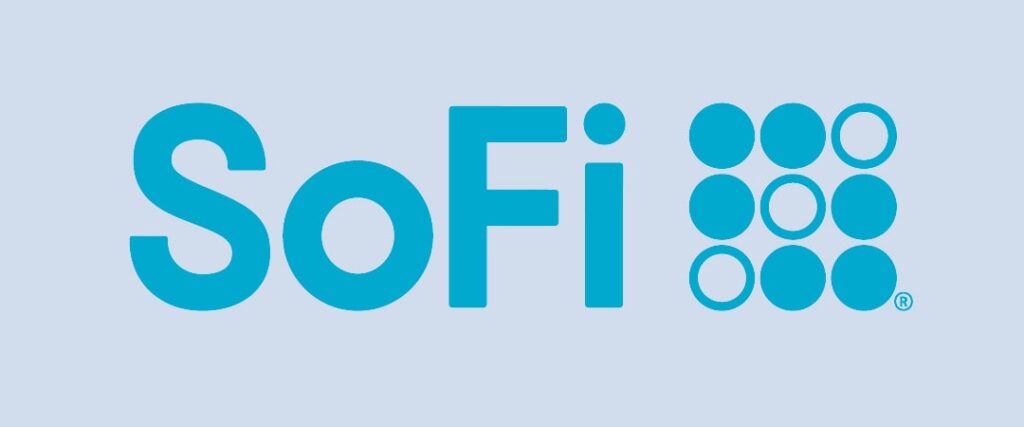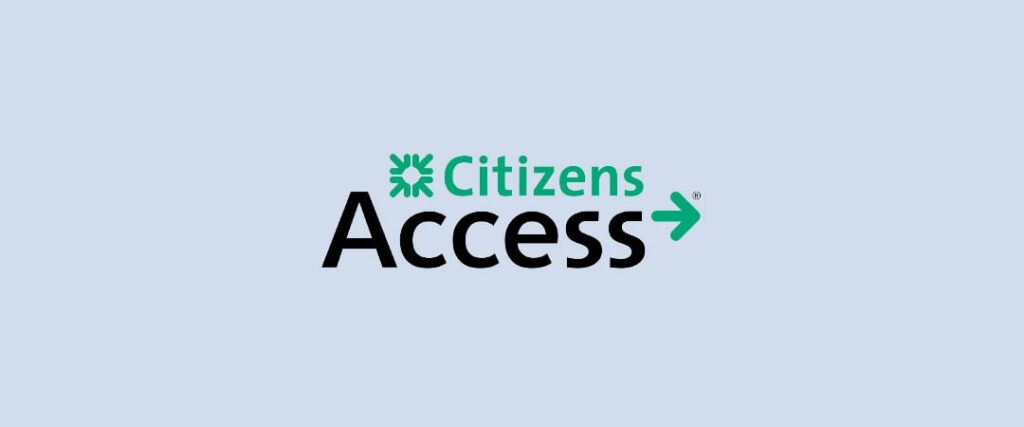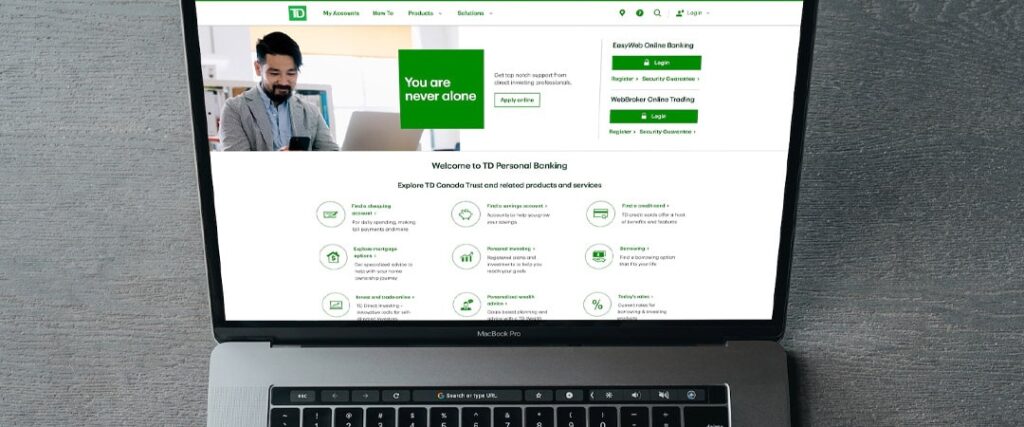Are you concerned about your retirement savings? Planning for retirement can be a daunting task, but a high-interest savings account in the USA can help you make the most of your hard-earned money. With so many options available, it’s essential to choose the right account that aligns with your financial goals and maximizes your savings.
In this blog post, we will explore the top high-interest savings accounts in the USA, discuss factors to consider when choosing a high-interest savings account USA and provide expert tips for maximizing your earnings. By the end of this post, you will be equipped with the knowledge and resources needed to make an informed decision and grow your retirement nest egg.
Key Takeaways
- Compare APYs, account fees, and minimum balance requirements to find the best high-interest savings account.
- Online banks offer higher interest rates but may have limited ATM access. Credit unions are member-owned not-for-profit organizations with competitive interest rates.
- Utilize compound interests, review regularly, and maintain a minimum balance to maximize earnings from your high-interest savings accounts.
Top High-Interest Savings Accounts in the USA

When it comes to high-interest savings accounts, not all are created equal. The best options for maximizing your retirement savings can be found among online banks, credit unions, and traditional banks. Each type of financial institution offers unique advantages and disadvantages, so it’s crucial to evaluate your needs and preferences before making a decision.
When choosing a savings account, consider the interest rate, fees, and other features. Online.
SoFi

How about a 4.5% interest rate on your savings (rate at August 2023)? That’s far more than traditional banks.
SoFi offers a range of financial products including savings accounts, generally known as SoFi Money accounts. Note that features, benefits, and regulations can change, so it’s important to check the most current information. Here are some reasons why SoFi accounts have been considered good options for saving:
- Competitive Interest Rates (4.5%)
- No Account Fees
- FDIC Insurance
- ATM Access
- Bonuses and Cashback rewards
You can read more about them here.
Citizens Access Savings

As of posting (August 2023), Citizens Access is an online-only division of Citizens Bank, N.A., and offers savings accounts aimed at providing competitive interest rates and a user-friendly online experience. Note that features, rates, and regulations can change over time, so it’s important to consult the most current information. Here are some reasons why a Citizens Access Savings Account might be considered a good option for saving:
- High-Interest Rates (4.5%)
- No Monthly Maintenance Fees
- FDIC Insurance
- Secure and Convenient
- Easy Account Setup
While Citizens Access offers a range of benefits that can make it an appealing choice for savers looking for a high-yield savings account, it’s always a good idea to read the fine print and consider your own financial needs when selecting a savings account.
CIT Bank Platinum Savings

As of posting (August 2023), CIT Bank is an online bank that offers a variety of financial products, including Platinum Savings accounts. It’s important to note that features, benefits, and rates can change, so be sure to consult the most current information. Below are some reasons why CIT Bank’s Platinum Savings Account might be a good option for saving money:
- High-Interest Rates (5.0%)
- No Monthly Service Fees
- Low Minimum Opening Deposit
- FDIC Insurance
- No Transaction Fees
There is a minimum balance requirement of $5,000 which must be met to obtain these juicy interest rates.
Online Banks
Online banks have revolutionized the way we save money. With lower overhead costs, they can offer higher annual percentage yield (APY) and lower fees compared to their brick-and-mortar counterparts. This makes online banks an attractive option for high-yield savings accounts.
The benefits of online banks for high-interest online savings accounts include higher interest rates, lower fees, and convenience. However, the drawbacks include the absence of physical branches, limited ATM access, and lack of full-service banking support.
To maximize your high-interest savings account earnings, consider researching the best high-yield savings rates, taking advantage of promotional offers, and establishing automatic transfers.
Credit Unions
Credit unions offer a more personalized approach to banking, often providing competitive interest rates and tailored customer service. As member-owned, not-for-profit organizations, credit unions typically offer lower monthly fees and better interest rates than traditional banks.
Some well-regarded credit unions include Navy Federal Credit Union, Delta Community Credit Union, and Bethpage Federal Credit Union. When evaluating credit unions for a high-interest savings account, consider factors such as membership eligibility, branch, and ATM accessibility, and any additional benefits or services offered.
Traditional Banks
Traditional banks may offer high-interest savings accounts, but they generally have lower interest rates and higher fees compared to online banks and credit unions. However, traditional banks provide advantages such as:
- Federally insured deposits
- Easy access to cash and check services
- A wide selection of financial products
- Personal customer service
Some top traditional banks offering high-interest savings accounts include Bank of America, Wells Fargo, and Chase. When comparing traditional banks, consider factors such as branch and ATM accessibility, customer service, and the overall reputation of the institution.
Factors to Consider When Choosing a High-Interest Savings Account

Once you’ve explored the various types of financial institutions, it’s essential to compare specific factors when choosing a high-interest savings account. Comparing APYs, account fees, and minimum balance requirements can help you find the best fit for your financial goals.
When comparing APYs, look for the highest rate available. It’s also important.
APY Comparison
APY, or annual percentage yield, takes into account the interest rate and frequency of compounding, allowing you to compare the potential earnings of different savings accounts. When comparing APYs, higher rates are generally preferable, but it’s essential to consider any requirements to earn the yield, such as maintaining a minimum balance.
Utilizing tools like a compound interest calculator can help you estimate potential earnings on any savings account. By comparing APYs across different high-interest savings accounts, you can make an informed decision and maximize your earnings.
Account Fees
Account fees can significantly impact your overall savings, so it’s essential to choose an account with low or no fees. The primary fee to consider when comparing savings accounts is the monthly maintenance fee. Researching monthly maintenance fees offered by different banks and selecting the one with the most competitive and cost-effective fees can help reduce the impact of fees on your savings.
Keep in mind that some high-interest savings accounts may also charge fees for exceeding the permitted number of withdrawals or transfers. Be sure to review the account terms and conditions to avoid any unexpected fees.
Minimum Balance Requirements
Minimum balance requirements play a crucial role in high-interest savings accounts, as they may be required to earn the advertised APY or avoid fees. When assessing minimum balance requirements, consider your ability to maintain the required balance to earn the APY and the frequency of withdrawals.
Accounts with no minimum deposit requirements offer greater accessibility to a broader range of individuals. However, be aware that maintaining a higher balance may result in higher interest earnings and lower fees.
How to Open a High-Interest Savings Account

Opening a high-interest savings account can be done either through an online application process or in person at a financial institution. In both cases, you will need to provide personal information, such as your name, address, and Social Security number, as well as proof of identity and proof of address.
When applying online, you will need to provide your bank account information and set up a username.
Online Application Process
The online application process for opening a high-interest savings account is convenient and typically requires less time than visiting a physical branch. To open an account online, you will need to complete an online application and provide the required personal and financial information.
In addition to your personal information, you will need to provide the following:
- Minimum deposit to open the account
- This can be done by transferring funds from another bank account using the routing and account number of the source account
- Some online banks may also allow you to fund your account using a credit or debit card.
In-Person Application Process

For those who prefer a more traditional approach, opening a high-interest savings account in person at a financial institution is an option. When applying in person, you may need to provide additional documentation, such as proof of identity and proof of address, along with your personal information.
The process for funding your new account may also vary depending on the financial institution. Generally, you can make the minimum deposit in person at the bank branch, through a transfer from another account, or even using a check or money order.
Safety and Security of High-Interest Savings Accounts

High-interest savings accounts offer a safe and secure way to grow your retirement savings. With FDIC and NCUA insurance and online security measures implemented by financial institutions, you can have peace of mind knowing your savings are protected.
FDIC and NCUA Insurance
FDIC (Federal Deposit Insurance Corporation) and NCUA (National Credit Union Administration) insurance protect your savings up to $250,000 per depositor, per ownership category, per institution. This government-backed insurance provides assurance that your deposits in high-interest savings accounts are secure in case of a bank or credit union failure.
To verify that your bank or credit union is insured, you can use the FDIC’s BankFind Suite for banks or check with the credit union directly. By ensuring your financial institution is insured, you can have confidence that your savings, including your checking account, are protected.
Online Security Measures
In addition to FDIC and NCUA insurance, financial institutions employ various online security measures to protect your personal and financial information. These measures may include encryption or tokenization, multi-factor authentication, and fraud monitoring.
By choosing a financial institution with robust online security measures in place, you can safeguard your high-interest savings account and personal information from unauthorized access and potential security threats.
High-Interest Savings Account Alternatives

While high-interest savings accounts can be a great option for maximizing your retirement savings, there are alternatives to consider depending on your financial needs and goals. Money market accounts and certificates of deposit (CDs) may offer higher returns or more flexibility, making them viable alternatives to consider.
Money Market Accounts
Money market accounts combine features of savings and checking accounts, offering higher interest rates and check-writing capabilities. They can provide a higher degree of liquidity and flexibility compared to traditional high-interest savings accounts.
However, money market accounts may have higher minimum balance requirements and generally lower interest rates than other types of savings accounts. Before choosing a money market account, consider your financial needs and objectives, as well as the fees and interest rates associated with the account.
Certificates of Deposit (CDs)
Certificates of deposit (CDs) provide fixed interest rates for a set term, offering a more predictable return on investment. The funds deposited into the CD are held for the duration of the term, and the interest rate is guaranteed for that period.
While CDs can offer higher interest rates than traditional savings accounts, the funds remain locked in for the term of the CD, and an early withdrawal may incur a penalty. Before choosing a CD, consider your financial goals and whether you can afford to have your funds locked in for the duration of the term.
Expert Tips for Maximizing High-Interest Savings Account Earnings

To make the most of your high-interest savings account, follow these expert tips.
- Regularly review and compare savings account interest rates across different financial institutions to ensure you are earning the highest possible return on your savings.
- Maintain a minimum balance in your account to avoid fees and take advantage of the highest interest rates available.
- Utilize the power of compound interest to grow your savings over time.
By following these tips, you can maximize the potential earnings of your high-interest savings account and build a strong foundation for your retirement savings.
Institute of Financial Wellness
The Institute of Financial Wellness is a valuable resource for those looking to make informed decisions about their high-interest savings accounts and achieve their financial goals. Offering a comprehensive network of financial education, resources, and services, the Institute provides tailored strategies to help individuals navigate the world of finance.
With guidance on high-interest savings accounts and other financial matters, the Institute of Financial Wellness empowers individuals to make well-informed decisions and reach their financial objectives. By leveraging the resources and expertise provided by the Institute, you can take control of your financial future and make the most of your retirement savings.
Full Summary
High-interest savings accounts can play a crucial role in maximizing your retirement savings. By exploring options offered by online banks, credit unions, and traditional banks and considering factors such as APY, account fees, and minimum balance requirements, you can find the right account to align with your financial goals.
Additionally, consider alternatives like money market accounts and certificates of deposit (CDs) for additional flexibility and potentially higher returns. No matter which option you choose, follow expert tips and utilize resources like the Institute of Financial Wellness to make informed decisions and grow your retirement nest egg.
With proper planning, research, and diligence, you can achieve financial wellness and secure a comfortable retirement. The future is in your hands – start building your retirement savings today!
Frequently Asked Questions
Which US bank gives 7% interest on savings accounts?
Landmark Credit Union is the only American financial institution currently offering at least 7% Annual Percentage Yield (APY) on its Premium Checking account.
However, there are major requirements and stipulations that must be met to qualify.
Which bank gives the highest interest rate on saving accounts in the USA?
UFB High Yield Savings offers the highest interest rate on a savings account in the USA at 5.25% APY.
Bask Bank Interest Savings Account and First Foundation Bank Online Savings Account. The account also offers competitive rates of 5.0% APY, as does Laurel Road High Yield Savings.
What are the main differences between online banks, credit unions, and traditional banks?
Online banks offer higher interest rates and lower fees than traditional banks, while credit unions provide competitive rates and personalized customer service.
How can I compare APYs across different high-interest savings accounts?
Compare APYs across different high-interest savings accounts by using a compound interest calculator and researching the various financial institutions to determine which one offers the best rate for your needs.
Take the time to look at the fees associated with each account, as well as the minimum balance requirements. This will help you make an informed decision about which account is best for you.
Look for accounts that offer additional benefits, such as free ATMs.




